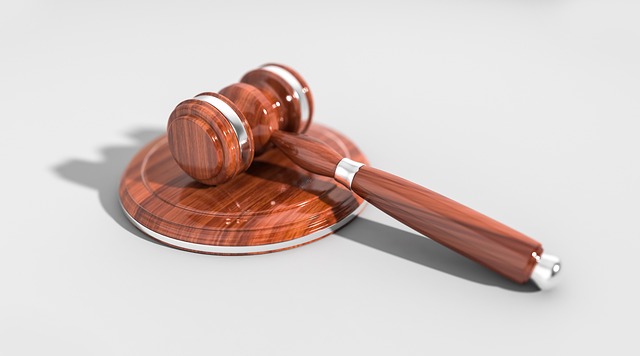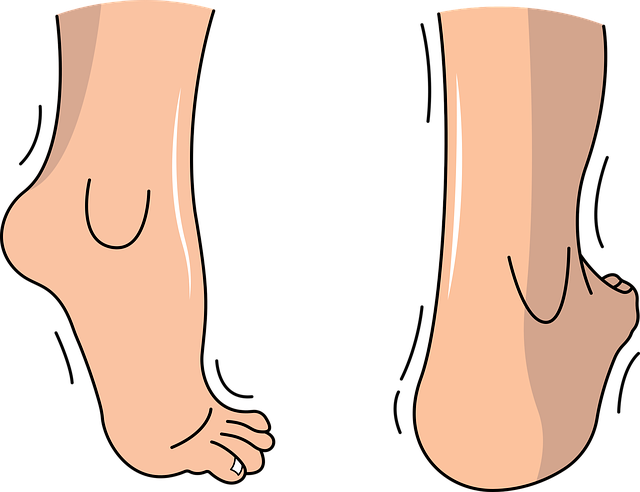Personal injury trials demand intricate legal strategies, with attorneys guiding clients through key phases including case understanding, filing, discovery, pretrial hearings, and the trial itself. Success hinges on strategic gathering and presentation of evidence, such as surveillance footage, medical records, and witness statements, to establish liability and damages. Compelling narratives linking incident, liability, and damages, using evidence like expert opinions, are crucial for both plaintiffs and defendants. Nuanced legal arguments tailored to unique case circumstances, from product liability to partnership agreements, ensure persuasive strategies targeting core issues.
Personal injury trials can be complex legal battles, demanding strategic expertise to navigate. This article explores the intricate world of personal injury trial cases, guiding readers through key phases and player roles. We delve into effective evidence presentation, from gathering compelling witnesses to utilizing physical proof. Additionally, we uncover strategic legal arguments that can tip the scales in favor of plaintiffs or defendants, offering insights to enhance case outcomes in these high-stakes trials. Understanding these legal strategies is essential for anyone navigating a personal injury trial.
- Understanding Personal Injury Trial Cases: Key Players and Phases
- Gathering and Presenting Evidence Effectively in Personal Injury Trials
- Strategic Legal Arguments for Success in Personal Injury Trial Cases
Understanding Personal Injury Trial Cases: Key Players and Phases

Personal injury trial cases involve complex legal strategies when individuals or entities are seeking compensation for physical injuries, emotional distress, and other damages resulting from another party’s negligence or intentional acts. These trials typically unfold in several key phases, each requiring meticulous preparation and advocacy. The first step is understanding the nature of the case, which often centers around auto accidents, medical malpractice, or incidents of caregiver negligence. Involved parties include plaintiffs—those seeking redress—and defendants, who are accused of causing harm.
The process navigates through initial filing, discovery where evidence is exchanged, pretrial hearings to organize and streamline the trial, and finally, the trial itself. During this journey, an auto accident lawyer plays a pivotal role in guiding clients, gathering evidence like medical records and police reports, and constructing legal arguments. Property damage claims may also be included, depending on the circumstances. Each phase demands strategic planning and execution to ensure the best possible outcome for the plaintiff or defendant.
Gathering and Presenting Evidence Effectively in Personal Injury Trials

In personal injury trial cases, the presentation of evidence is pivotal to achieving a favorable outcome. Effective legal strategies for gathering and presenting evidence involve meticulous documentation and a thorough understanding of the specifics surrounding the incident. For instance, in slip and fall cases, this could mean securing surveillance footage, collecting medical records detailing injuries, and obtaining witness statements that corroborate the plaintiff’s version of events. The goal is to construct a compelling narrative that leaves no room for doubt.
Attorneys must be adept at translating complex medical information into easily comprehensible terms for the jury. This may involve enlisting expert witnesses who can explain intricate aspects of the case, such as causation and damages, in simple language. Additionally, organizing evidence chronologically and logically helps in presenting a clear picture to the judge or jury, ensuring that each piece contributes to a coherent argument. In partnership disagreements leading to personal injury claims, for example, this could entail presenting clear contracts, financial records, and communication logs to illustrate liability and resulting injuries.
Strategic Legal Arguments for Success in Personal Injury Trial Cases

In personal injury trial cases, strategic legal arguments are key to securing a successful outcome for plaintiffs and defendants alike. A skilled attorney must weave a compelling narrative that connects the dots between the incident, the defendant’s liability, and the resulting damages. This involves meticulous preparation, including gathering extensive evidence such as medical records, witness statements, and expert opinions. By presenting this evidence in a structured, logical manner, legal professionals can persuade the jury of their client’s innocence or culpability.
Moreover, tailoring arguments to the specific circumstances of each case is crucial. For instance, in personal injury trials stemming from defective products, attorneys might focus on product liability theories, while those involving real estate disputes or partnership disagreements could require expertise in contract law and negligence. Understanding the nuances of these scenarios enables lawyers to formulate persuasive strategies that address the core issues at hand—whether it’s establishing a product’s defectiveness, proving negligence in property transactions, or demonstrating breach of partnership agreements.
Personal injury trial cases require a meticulous approach, from understanding the key players and phases involved to gathering and presenting compelling evidence. By employing strategic legal arguments and utilizing evidence effectively, plaintiffs and defendants can navigate this complex process. Mastering these legal strategies is essential for achieving favorable outcomes in personal injury trials, ensuring justice is served.






